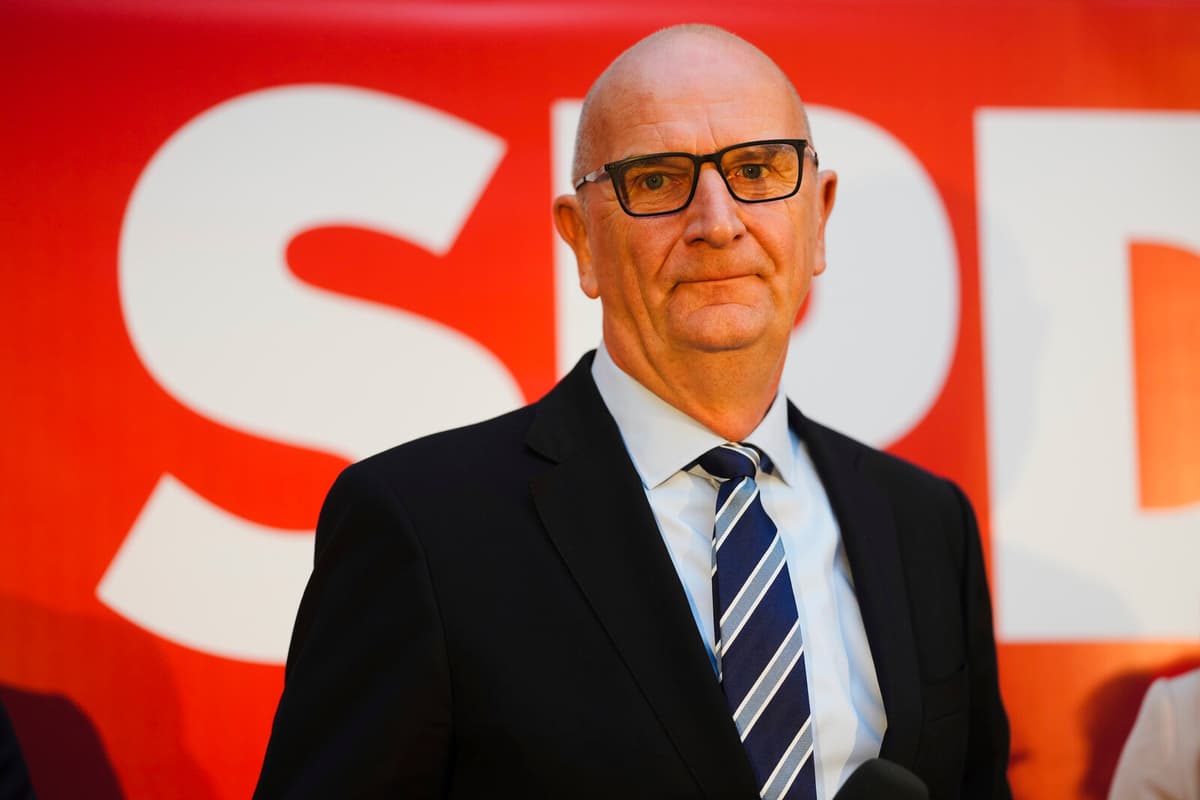The Social Democratic Party (SPD) receives 30.9 percent and the second largest becomes the far-right party AFD with 29.2 percent, according to the local election authority.
The third largest becomes BSW, left-wing politician Sahra Wagenknecht's party, with 13.5 percent.
The Christian Democrats (CDU) receive 12.1 percent and become the fourth party to gain a mandate in the state parliament.
Voter turnout is reported to have been around 73 percent in the state, which is located in eastern Germany. The state is relatively small, with only 2.5 million inhabitants out of Germany's approximately 84 million.
But another disastrous election and defeat for the SPD after setbacks in the state elections in Thuringia and Saxony at the beginning of September would have hurt hard for Germany's Federal Chancellor and head of government Olaf Scholz.
Despite Scholz
Now it didn't happen, but it wasn't thanks to but rather despite Scholz. The SPD's heavy representative in Brandenburg, state leader Dietmar Woidke, marked his distance from unpopular Scholz and played high with his own broad popularity as leader of the state's politics over the past decade. If he lost the election, he would refuse to sit in the state government, he explained before the election.
Caught up
It seems to have yielded results. In the latest opinion polls, AFD had a narrow lead, but Woidke and the SPD caught up and went beyond, receiving almost 5 percent higher voter support than in the 2019 election.
It will be a difficult task for Woidke to form a state government. Second-place AFD is ruled out as a partner and cannot form a government with the help of BSW or CDU, as both have excluded cooperation with the far-right party.






